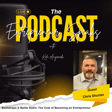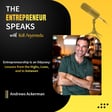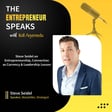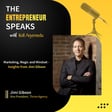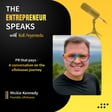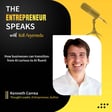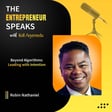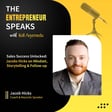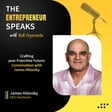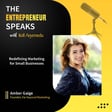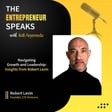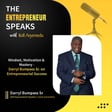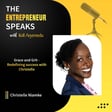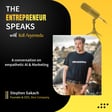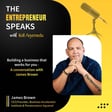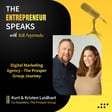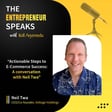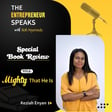
The Bronson Equity Experience
Bronson Hill, the Founder and CEO of Bronson Equity. Bronson is a former medical device sales executive turned full-time investor and entrepreneur. He's raised over $30 million from investors and helped countless people unlock the power of passive income through real estate syndications and alternative assets.
But Bronson’s journey isn’t just about numbers and deals. It’s a powerful story of stepping out of the corporate world, embracing risk, and building a life rooted in financial freedom and purpose. He’s also a speaker, author, and thought leader who’s passionate about helping others break free from the rat race and achieve true wealth.
In today’s conversation, we dive deep into Bronson’s entrepreneurial journey, the mindset shifts that changed his life, his books and insights on passive income—and the practical steps you can take to start investing smarter.
So, whether you’re an aspiring entrepreneur, a seasoned investor, or someone looking to build wealth beyond your 9-to-5, this episode is packed with value.
Stay tuned, and let’s dive into the story of Bronson Hill.
Don't forget to like and subscribe !
